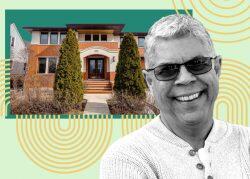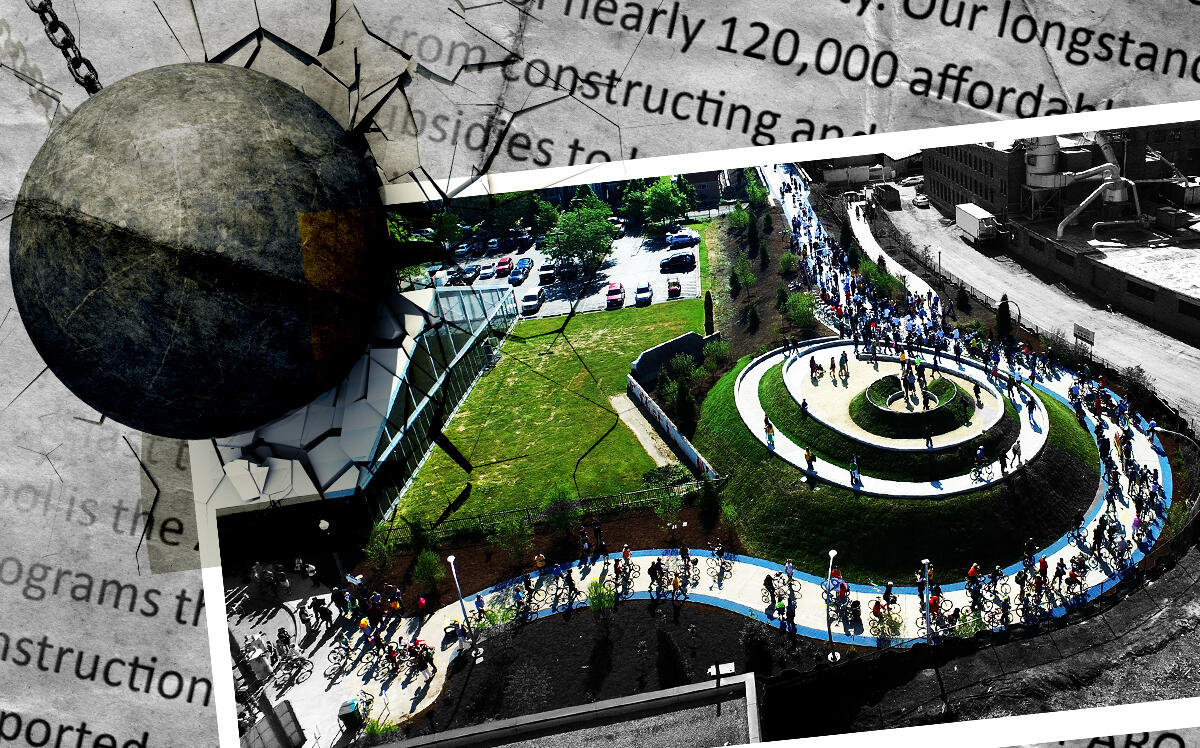Advocates for a one-year pilot program meant to slow gentrification in certain Chicago neighborhoods are calling for the program to be renewed.
The program, which charges developers $15,000 for demolitions in two areas of the city, will expire on April 1 if it isn’t renewed by the City Council at its March 23 meeting, Crain’s reports.
The council’s finance committee voted Monday to endorse the renewal for another two years. The $15,000 fee applies to demolitions in Pilsen and the western end of the 606 Trail.
“Where this ordinance has been put in place, it has helped dissuade demolitions from happening,” Alderman Carlos Ramirez-Rosa, said to Crain’s. “It’s helping protect our gentle density, which provides the bulk of our city’s unsubsidized affordable housing.”
The program worked, according to Marisa Novara, the Department of Housing commissioner. Demolitions declined in most Chicago neighborhoods during the pandemic, but data from the department shows the decline was steepest in the two areas covered by the program.
The data is strongest in the western area of the 606. Demolitions decrease from an average of 25 a year to three in the year since the additional charge was implemented.
Demolitions in Pilsen decreased from an average of eight per year to five, in the same time period.
In Pilsen, “it’s less stark, but still a decline from pre-pandemic numbers,” Novara said.
Novara said the surcharge was added only to areas where displacement is happening fastest.
Still, those who are against the surcharge said it may harm those who have been in the community a long time because developers are reducing their offers to buy existing Pilsen homes by $15,000, to cover the surcharge.
“For those who may have retirement accounts, $15,000 may not sound like a lot,” Miguel Chacon, a Pilsen resident and landlord said.
Chacon said he spoke with a long-time Pilsen homeowner, who said the reduction amounts to “robbing her of her only opportunity to capitalize” on the rising property values in the neighborhood.
Officially known as the Bloomingdale trail, the 606 project took an abandoned railway on Chicago’s west side and converted it into a 2.7-mile elevated greenway trail that forms the backbone of the 606 trail network. The trail opened in 2015, and pushed up housing costs in nearby neighborhoods. Gentrification concerns started almost immediately.
“We can’t accept this argument that somehow a $15,000 demolition fee will impact the small homeowner,” Alderman Byron Sigcho-Lopez said. “It will protect the small homeowner and the senior” by holding off developers who are impeded by the cost of the surcharge.
[Crain’s Chicago] — Miranda Davis
Read more


